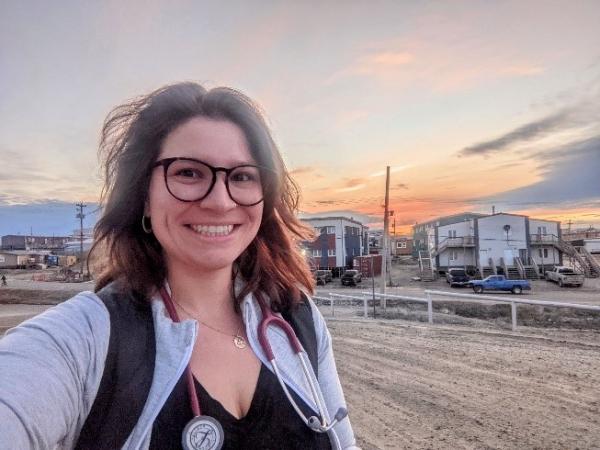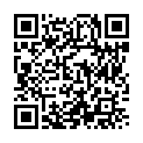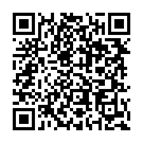Nurses...in our own words: Sam Gould

To celebrate Nurses’ Week, we asked nurses to share their stories of motivation and aspiration and how they’d like to shape the future of nursing at Nova Scotia Health.
Samantha (Sam) Gould, Registered Nurse
QEII Halifax Infirmary, Unit 5.2 Med/Surg/Neuro/Trauma ICU
My journey to nursing began on a whim. My grandmother was a nurse, and I thought maybe I’d make a good one, too. I applied to the University of New Brunswick (UNB)and was accepted.
When I graduated from UNB in 2010, it was difficult to find full-time work in Fredericton, and I moved around a lot and, honestly, had a very difficult time getting the necessary skills and experience I needed. It was a tumultuous introduction to my career - I was told I was not a strong nurse and would never have what it takes to be an ICU nurse. I was moved into geriatric rehab and then neuro rehab. It was in neuro where I fell in love with the field, and rebuilt my confidence and skills, discovering there was more than one way to learn. After realizing I was a tactile/kinetic learner, I spent the next three years gaining valuable skills and experience.
I moved to Nova Scotia in 2013 and applied to the critical care program in 2015 and was accepted. The classroom was not a place I went into without anxiety, but I had an educator who told me very plainly that she had seen my work in the skills lab and had zero concerns about me stepping into the role. I’ve been working at 5.2 for nine years now and I consider it my home.
Coming from a background of organized sport I immediately felt comfortable in the team dynamic of ICU. We might all have our individual patients, but they survive because of our teamwork. You know you have truly transitioned into a critical care mindset when you can glance into a room and see a patient starting to deteriorate and know without asking where help is needed. You become able to visualize the space and methodically move through the process of reversing potentially fatal circumstances. Flexibility in unpredictability becomes your greatest asset.
Despite the challenges of moving from subacute care to critical care, I was supported by a manager who recognized my desire to learn and who supported me through my hiccups. Together we were able to recognize where I had gaps were and plug the holes. She also took the opportunity to give me words of encouragement, while pushing me to improve. Strong leadership and a recognition of someone who learns in a nontraditional fashion kept me engaged through the first 18 months of ICU, which is the time frame that makes or breaks a nurse in this type of environment.
I regret the new nurses coming into the ICU today who never had the experience of the "mothers and fathers of the ICU." Retirement has hit every unit, and we are no exception. I’ve had too many mentors to list—there were many shifts that I shared with colleagues who had a collective 300+ years of experience watching over the most vulnerable Nova Scotians. The lasting impact of these “mothers and fathers of the ICU” guides my practice to this day.
I hope to become an “ICU mother” to the next generation of nurses, by continuing to create spaces for new and transitioning nurses to learn, grow, succeed, and fail in safety. To show support and recognize/foster talent; to create strong leadership from the bedside; to invoke a sense of ability in nurses that they can, despite their learning differences.
Whether I am in the frigid far North working a trauma with one or two other medical professionals or sitting in my high-tech ICU, nurses are the epicentre of medicine. Our abilities to learn, do, and teach are boundless. We are in every aspect of healthcare from IT to legal, subacute to critical care. We are present and show up every day for our patients and each other.



